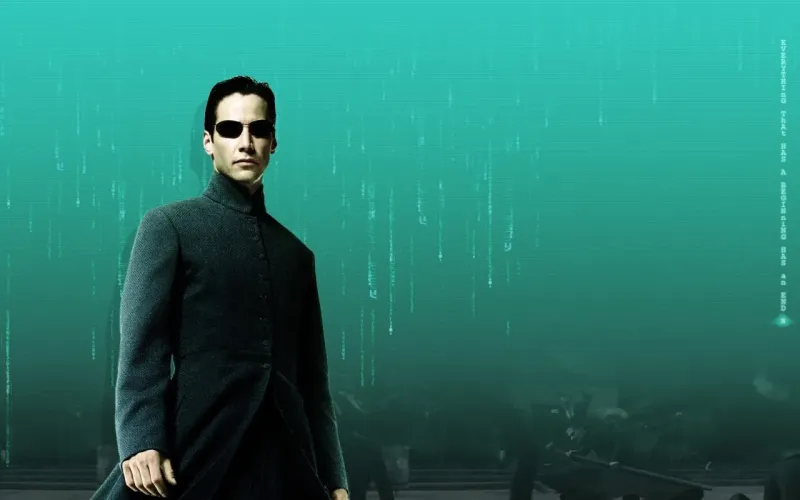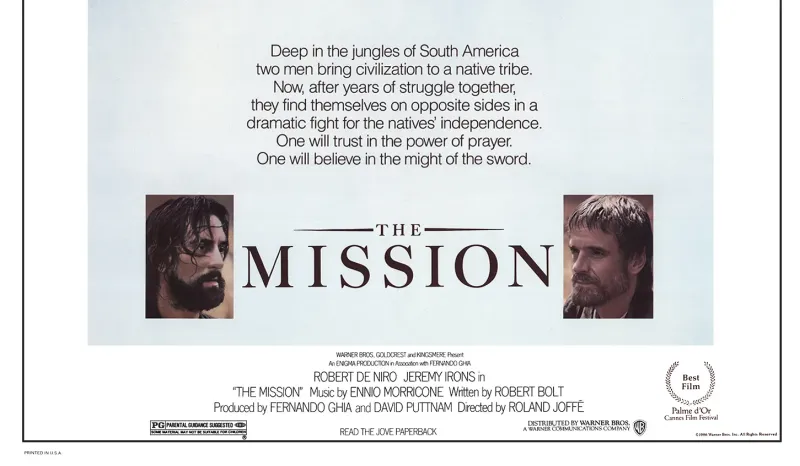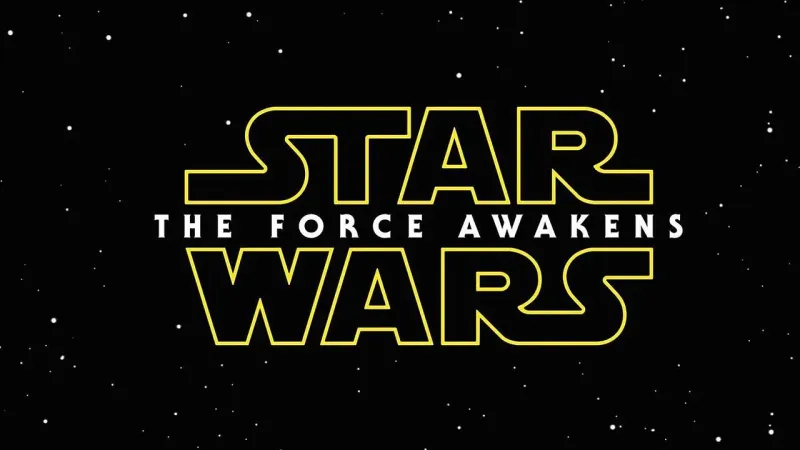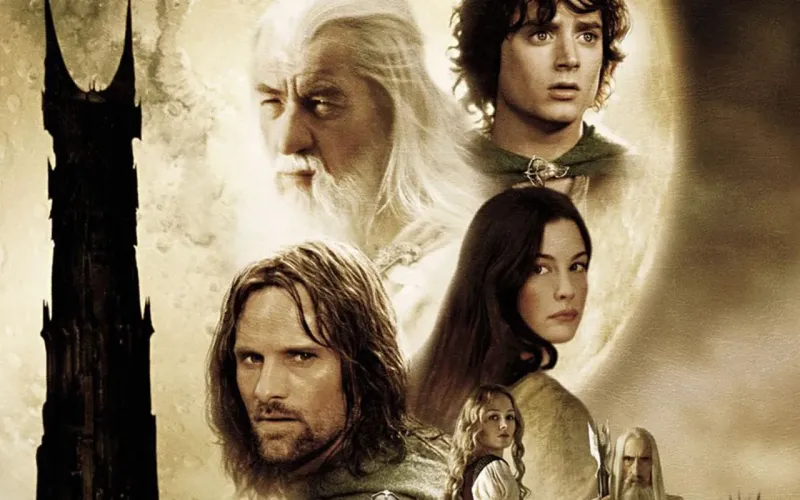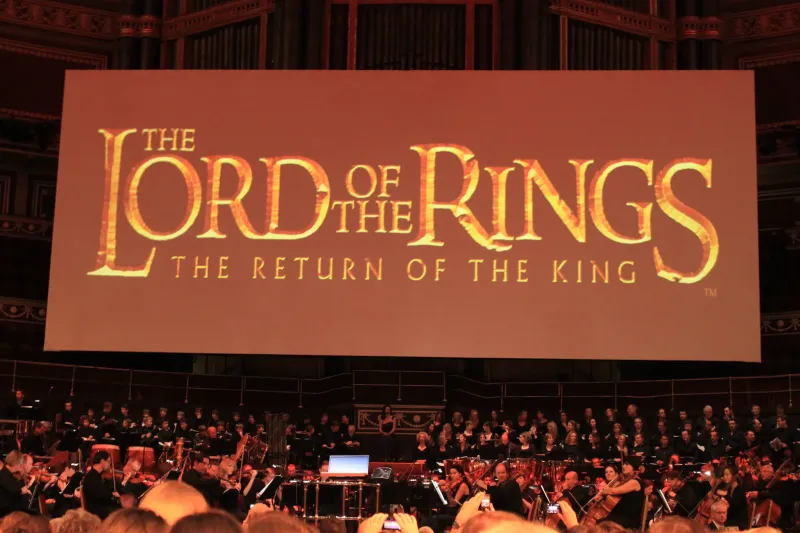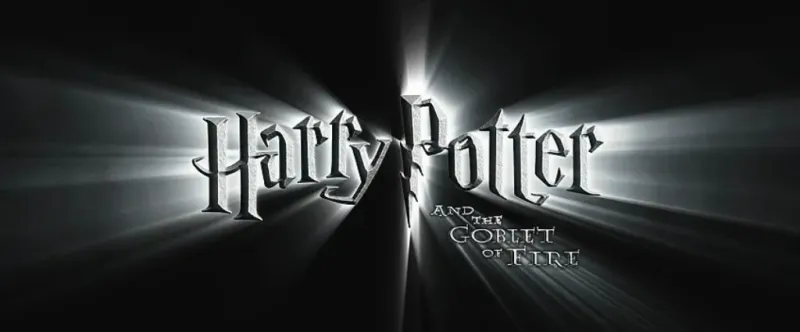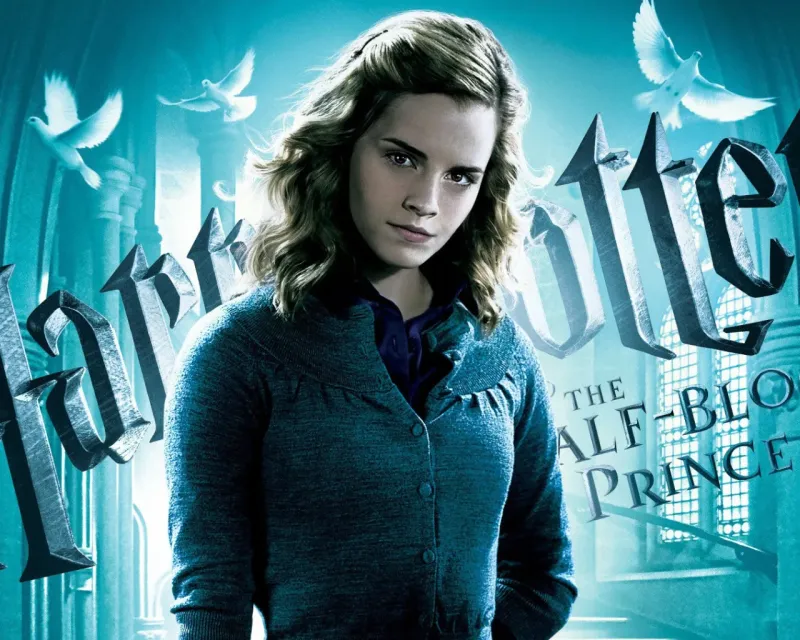Plot and Themes
The Matrix is a groundbreaking science fiction film that delves into the complex relationship between reality and perception. The film is set in a dystopian future where humanity is unknowingly trapped inside a simulated reality, the Matrix, created by intelligent machines to subdue the human population. The protagonist, Neo, is a hacker who discovers the truth about the Matrix and joins a group of rebels to fight against the machine overlords. The film explores philosophical themes such as existentialism, the nature of reality, and human freedom.
Central to the movie's plot is the idea of choice and control, as Neo navigates between the artificially constructed world and reality. The film's narrative challenges viewers to question their own perceptions of reality and the consequences of living in a controlled environment. Matrix employs a unique visual style and innovative special effects, notably the "bullet time" technique, which became a defining feature of the film. The film’s thought-provoking themes and groundbreaking visuals have established it as a classic in the science fiction genre.
Character and Development
The Matrix features a diverse cast of characters, each contributing to the film's dynamic storyline. Neo, played by Keanu Reeves, is portrayed as a reluctant hero whose journey from a disillusioned hacker to the savior of humanity forms the crux of the narrative. His mentor, Morpheus, played by Laurence Fishburne, is a key figure who introduces Neo to the truth about the Matrix, guiding him through his transformation. Morpheus’s unwavering belief in Neo's potential is pivotal in the latter’s development and ultimate acceptance of his role as "The One."
Another significant character is Trinity, portrayed by Carrie-Anne Moss, who plays an essential role in Neo's journey. Her skills and determination are instrumental in the resistance against the machines. Trinity's relationship with Neo adds depth to the narrative, highlighting themes of love and sacrifice. The antagonist, Agent Smith, represents the oppressive control of the machines. His relentless pursuit of Neo and the rebels underscores the conflict between human freedom and machine domination, adding tension and drama to the film.
Cultural Impact and Legacy
Since its release, the Matrix has had a profound impact on popular culture, influencing a wide range of media, including films, video games, and literature. Its innovative use of special effects, particularly the "bullet time" technique, set new standards in filmmaking and inspired countless parodies and homages. The film's philosophical underpinnings and exploration of reality and technology have sparked discussions and debates, making it a subject of academic interest and analysis in various fields.
The film's success has led to the creation of a franchise, including sequels, animated shorts, and a range of merchandise. The Matrix has also inspired a generation of filmmakers and creators, contributing to the evolution of the science fiction genre. Its blend of action, philosophy, and cutting-edge visual effects continues to captivate audiences, ensuring its place as a seminal work in film history. Through its enduring themes and innovative storytelling, the Matrix remains relevant and influential, reflecting the complex relationship between humanity and technology.
